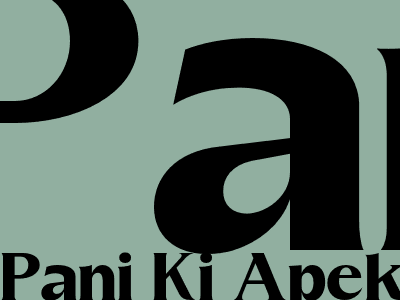
Why Does Milk Boil Faster Than Water?
Introduction
Ever wondered why milk boils faster than water, even though water has a lower boiling point? This seemingly counterintuitive phenomenon can be explained by several factors related to the composition and properties of milk.
In this article, we'll delve into the science behind this observation and explore the reasons why milk boils faster than water.
The Role of Proteins and Fats
One of the key factors contributing to the faster boiling point of milk is its composition. Milk contains a significant amount of proteins and fats, which are both denser than water.
As milk is heated, these proteins and fats form a network of bonds that trap water molecules. This network creates a barrier that prevents water molecules from escaping as vapor, effectively raising the boiling point of the liquid.
Heat Transfer and Surface Tension
Another factor that influences the boiling point is the heat transfer process. Milk has a lower thermal conductivity compared to water, meaning it takes longer for heat to transfer throughout the liquid.
Additionally, milk has a higher surface tension than water. Surface tension is the force that causes the surface of a liquid to behave like a thin elastic membrane.
The higher surface tension of milk creates a more stable surface that resists the formation of bubbles. This, in turn, slows down the evaporation process and contributes to the faster boiling point.
Implications and Applications
Understanding why milk boils faster than water has practical implications in various fields, including cooking and food science.
For instance, in cooking, it's important to consider the boiling point of different liquids when preparing dishes that involve boiling or simmering ingredients.
In food science, the knowledge of this phenomenon can aid in the development of new food products and processes that optimize heat transfer and boiling times.
Conclusion
In summary, milk boils faster than water due to its higher protein and fat content, which creates a barrier that traps water molecules and raises the boiling point. Additionally, the lower thermal conductivity and higher surface tension of milk contribute to the faster evaporation process.
Understanding these factors provides valuable insights for various applications, such as cooking and food science, where the boiling point of liquids plays a crucial role.